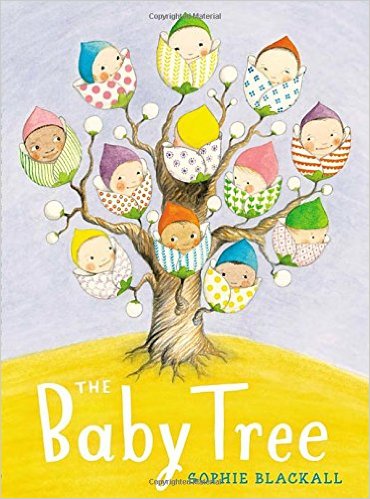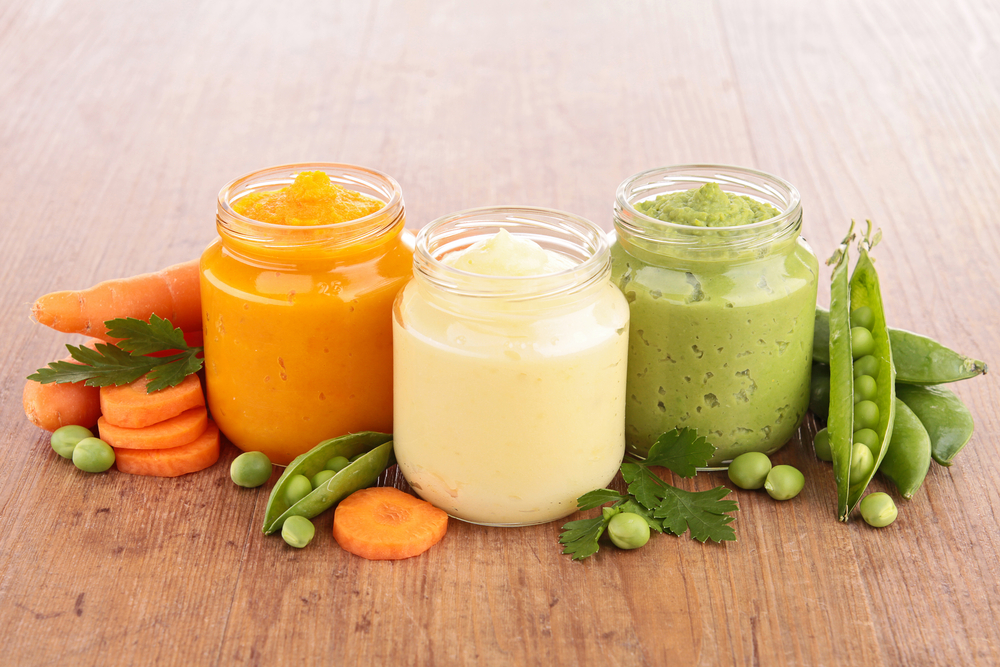First Trimester
Top 12 pregnancy superfoods for you

During pregnancy we hear a lot of misconceptions about weight gain and how a pregnant woman should eat, and there is a good chance you’ve heard some of these comments from pregnant women you know:
“If weight gain is a given, then why should I bother to be careful about what I eat?”
“Isn’t pregnancy a license to eat whatever I want?”
“Won’t I lose all the extra weight while I’m breastfeeding anyway?”
And one of my all time favourite is “I’m just programmed to gain a lot of extra weight during pregnancy”.
We all know that gaining weight during pregnancy is to be expected, but the type and amount of weight you gain also matters. That’s why many mothers adopt healthier eating habits during pregnancy because they are aware that a little person is growing inside, and they want the best for the baby’s growth and development.
A great way of eating healthy is to know what kind of food you need to consume and what are the best types for you during pregnancy. Therefore we will be offering you some help here by introducing what we call pregnancy superfoods.
A pregnancy superfood should be nutrient dense, versatile, free from harmful additives, filling without fattening, able to boost the immune system and tasty!
Below is a list of the 12 pregnancy superfoods and how they affect the pregnant body and the growing baby:
-
Seafood/ Omega 3:
omega 3 is vital for optimal brain growth and development; it is to the brain what calcium is to the bones. Research shows that mothers who eat safe seafood or take omega 3 supplements during pregnancy and for three months after delivery are less likely to suffer from pre- and postpartum depression. They also tend to have babies who are more likely to have better eye sight, and they also have a lower chance of delivering a premature baby. -
Raw nuts:
Nuts are one of the most nutrient dense foods. They are rich in proteins, healthy fats, fiber, Vitamin E and calcium. Nuts have a high satiety factor that helps fill you up faster than other types of food, and this makes it unlikely for you to over-eat. Always try to combine a variety of nuts because each kind offers different nutrients. Also try to purchase raw nuts because roasting adds fat and destroys some of the nutrients. -
Greens:
Dark green vegetables such as spinach, broccoli, kale, chard, arugula, collard greens and asparagus are good source of all the vitamins and nutrients a pregnant mother needs. They are rich in folate and calcium, and packed with fiber (which helps prevent constipation) as well as lutein which is good for the eyes. -
Avocado:
It is the most nutrient dense food, rich in vitamin A, B, E, Folic acid and healthy fats. Avocados also has a high satiety factor and makes a perfect accompaniment to other superfoods, such as omelets and salads and can be made into guacamole to be enjoyed with raw vegetable dippers. -
Eggs:
for 75 calories you can enjoy 6 grams of protein and numerous vitamins and minerals that pregnant mothers need. Eggs contain choline, a valuable brain building nutrients, and egg yolks contain the antioxidants lutein and zeaxanthin which help in developing healthy vision. Eggs are also high in sleep-inducing amino acid tryptophan. An egg before bed may help the pregnant mothers who have difficulty sleeping. -
Yogurt:
it is packed with protein and calcium and also rich in probiotics, which are good for the gut. Always try to choose Greek yogurt because it contains twice as much proteins. -
Blueberries:
the blue skin of the blueberry is full of the flavonoid anthocyanin, an antioxidant which protects the tissues, especially brain and nerve tissues, from damage and inflammation. Always try to buy organic blueberries when possible. -
Beans and Lentil
: They are loaded with vitamins and they can fill you up for fewer calories. They are rich in B Vitamins, protein, folic acid, calcium, and iron. They are also a good source of the sleep-inducing tryptophan. -
Olive Oil:
90% of the fat in olive oil is healthy monounsaturated fat, which is heart healthy and cholesterol lowering. When added to salads it increases the absorption of the nutrients from vegetables. -
Tofu:
they are a good source of protein, calcium, vitamins and minerals which makes them a good replacement for dairy. However, tofu is bland on its own so it is better to blend it with other types of food so it can take on their flavour. -
Oatmeal:
the special fiber in oatmeal is particularly gut friendly because it steadies the absorption of carbs and thereby steadies blood sugar swings. Oatmeal is rich in protein, fiber, zinc, Vitamin E and B. try to choose types of oatmeal such as steel-cut oats instead of the instant one. -
Flaxseeds:
two table spoons of ground flaxseeds contain 100 healthy calories, 4 g of protein and 6 grams of fiber. It is also a rich source of healthy fats. You can add it to smoothies, salads or oatmeal.
A pregnancy superfood should be nutrient dense, versatile, free from harmful additives, filling without fattening, able to boost the immune system and tasty!
Knowing that the baby becomes what mommy eats is a great incentive to stay healthy during and after pregnancy. Eating healthy also shapes the young taste buds of your baby, which makes them more open to trying healthy and nutritious foods while the child is growing up, since they are already used to the taste. This makes healthy eating a very rewarding and beneficial improvement for you and for your baby’s health.














